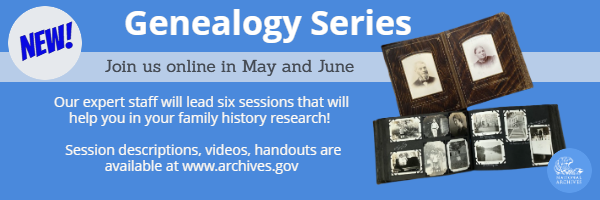On Monday, September 11, 2023, the National Archives and National Archives Foundation held a swearing-in ceremony for the 11th Archivist of the United States (AOTUS), Dr. Colleen Shogan. The ceremony was presided over by Chief Justice John G. Roberts, Jr., and First Lady Dr. Jill Biden gave keynote remarks.
First Lady Jill Biden spoke about the vast holdings of the National Archives and how they reflect us as a nation—“imperfectly marching toward a more perfect union.” As an educator, Dr. Biden also invoked the unofficial motto of the National Archives, what’s past is prologue, to affirm the importance of the institution’s role in learning our shared history.
Dr. Shogan took her oath, administered by Chief Justice John G. Roberts, Jr., In an acknowledgment of the historic moment, she took the podium dressed in a white pantsuit, an homage to the suffragists who blazed the path for her and other women to not only participate in government, but also to lead it.
The archivist’s remarks laid out a bold future for the agency tasked with protecting and sharing our past. Prioritizing accountability, adopting new technology, and embracing creative outreach strategies were the main points of Dr. Shogan’s vision for the agency.
View the full remarks of Dr. Shogan here: https://www.archives.gov/about/speeches/shogan/swearing-in-ceremony
View the full remarks of Dr. Biden here: https://www.whitehouse.gov/briefing-room/speeches-remarks/2023/09/11/remarks-as-prepared-for-delivery-by-first-lady-jill-biden-at-the-swearing-in-ceremony-for-the-national-archivist/

Text and photo courtesy National Archives Foundation, https://www.archivesfoundation.org/shogan-swearing-in/?goal=0_c756ed33da-436145da69-55221835&mc_cid=436145da69&mc_eid=60901072c3


